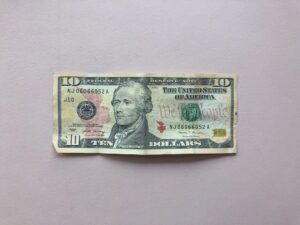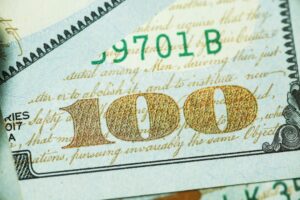Understanding the Basics: The Definition of Forex Trading
Forex trading, also known as foreign exchange trading, is a decentralized financial market where participants can buy, sell, and exchange currencies. It is the largest and most liquid market in the world, with an average daily trading volume of around $6.6 trillion. Forex trading allows individuals, corporations, and financial institutions to speculate on the fluctuations in currency exchange rates and profit from these movements.
The forex market operates 24 hours a day, five days a week, across different time zones, allowing traders to engage in trading activities at any time. Unlike other financial markets, such as the stock market, forex trading does not have a central exchange or physical location. Instead, it is conducted electronically over-the-counter (OTC) through a network of global banks, financial institutions, and individual traders.
The main participants in the forex market are central banks, commercial banks, hedge funds, multinational corporations, and retail traders. Central banks play a crucial role in the forex market by implementing monetary policies and managing their respective countries’ currency reserves. Commercial banks facilitate forex transactions for their clients, including corporations and individuals. Hedge funds and multinational corporations engage in forex trading to hedge against currency risks and to profit from market movements. Retail traders, on the other hand, are individual traders who trade forex for speculative purposes.
The core principle of forex trading is the exchange of one currency for another at an agreed-upon exchange rate. Currency pairs are the foundation of forex trading, representing the value of one currency in terms of another. The most commonly traded currency pairs are referred to as major pairs and include EUR/USD, USD/JPY, GBP/USD, and USD/CHF. These pairs involve major global currencies, and their exchange rates are influenced by various economic, political, and social factors.
Forex trading involves speculation on the direction in which the exchange rates of currency pairs will move. Traders can take two main types of positions: long and short. Going long means buying a currency pair with the expectation that its value will increase, while going short involves selling a currency pair with the anticipation that its value will decrease. Profits or losses are realized based on the difference between the buying and selling prices of the currency pair.
To participate in forex trading, individuals need to open a forex trading account with a brokerage firm. These brokerage firms provide traders with access to the forex market and offer various trading platforms, tools, and resources to facilitate trading activities. Before engaging in live trading, it is essential for traders to acquire a solid understanding of the forex market, develop a trading strategy, and learn risk management techniques.
Forex trading is influenced by a wide range of factors, including economic indicators, geopolitical events, central bank policies, and market sentiment. Economic indicators, such as Gross Domestic Product (GDP), inflation rates, and employment data, provide insights into the health of an economy and can affect the value of a currency. Geopolitical events, such as elections, wars, and trade disputes, can create volatility in the forex market. Central bank policies, such as interest rate decisions and quantitative easing measures, can impact currency exchange rates. Market sentiment, driven by factors such as investor confidence and risk appetite, can also influence forex trading.
Risk management is a crucial aspect of forex trading. Traders should be aware of the potential risks associated with forex trading, including market volatility, leverage, and counterparty risks. Volatility refers to the rapid and significant price fluctuations in the forex market, which can result in substantial gains or losses. Leverage allows traders to control a larger position with a smaller amount of capital, but it also amplifies potential losses. Counterparty risks arise from the possibility of a trading counterparty defaulting on its obligations.
In conclusion, forex trading is a dynamic and decentralized market where participants can buy, sell, and exchange currencies. It operates 24 hours a day, five days a week, and involves the speculation on currency exchange rate fluctuations. The forex market is influenced by various economic, political, and social factors. Traders should acquire a solid understanding of the market, develop a trading strategy, and practice effective risk management to succeed in forex trading.






